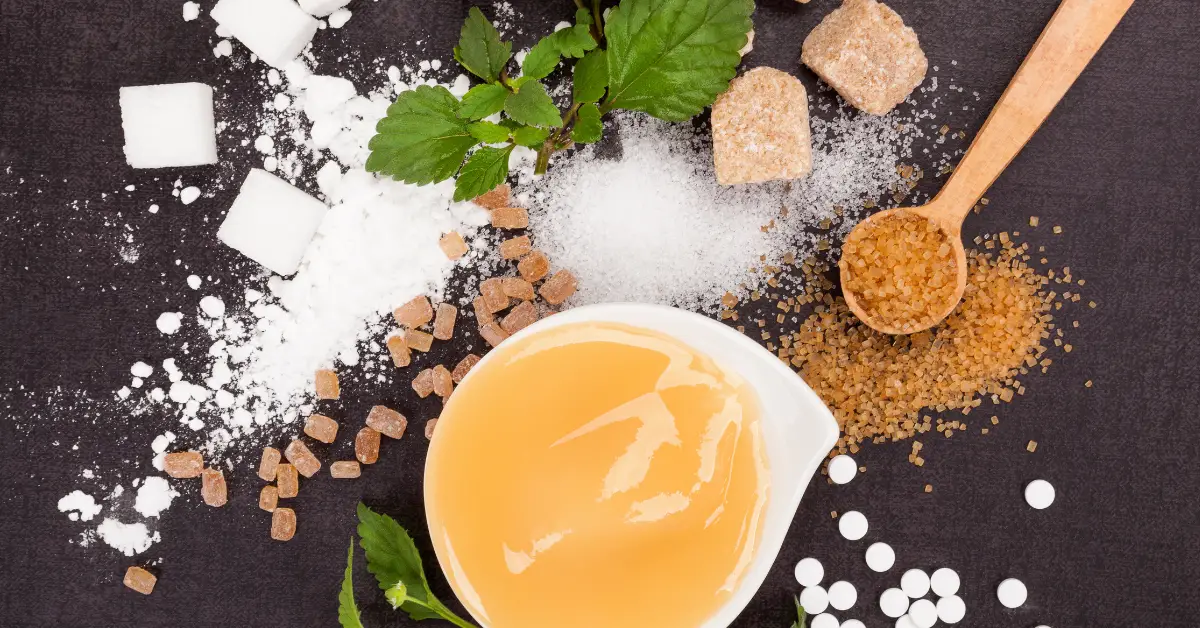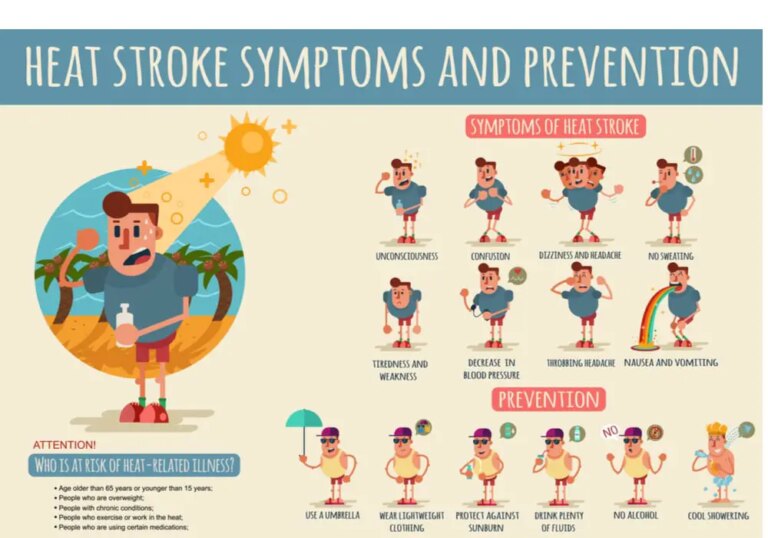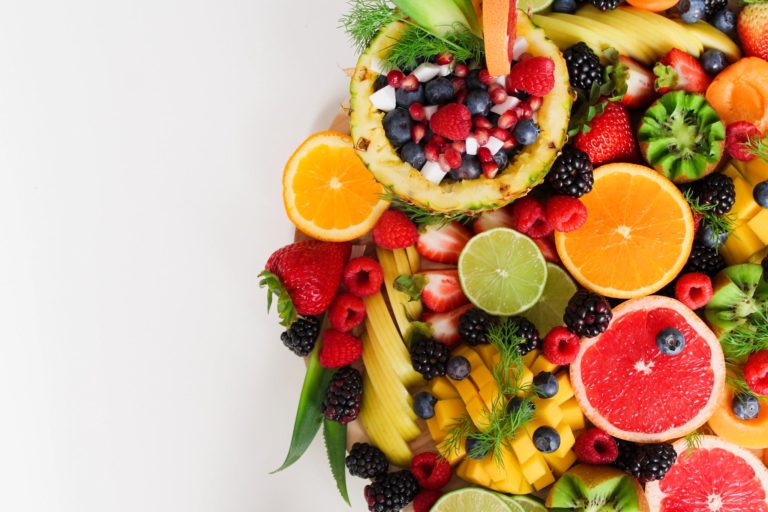Many of us enjoy treats such as a chocolate bar, sticky bun, or soda. For others, adding sugar to their morning coffee or tea is enough to satisfy their cravings. But why do certain people have a sweet tooth while others don’t?
Studies have shown that a fondness for sweet foods can start inside the womb. At just 21 weeks after conception, an unborn baby consumes several ounces of amniotic fluid every day. Amniotic fluid is a protective liquid that surrounds the fetus and can take on many of the flavors of foods consumed by the mother.
As a result, the baby may develop preferences depending on what the mother has eaten during pregnancy. [1]
The average American consumes approximately 152 pounds of sugar every year. That’s almost 6 cups of sugar every week. [2] The higher the sugar content in our diet, the greater the risk of developing the following health conditions and dying from heart disease. [3]
- High blood pressure
- Inflammation,
- Weight gain/obesity
- Diabetes
- Fatty liver disease
- Tooth decay
As a result, many health practitioners have advocated a reduction of sugar in our daily intake. Since more consumers are aware of how excess sugar consumption can harm their health, food manufacturers have been reducing sugar in their products and replacing it with artificial sweeteners. [4]
Artificial Flavors as a Replacement for Sugar
With many people looking to cut back on their sugar intake, using artificial sweeteners seems like a sensible choice.
Artificial sweeteners, also known as low-calorie sweeteners, are low- or zero-calorie and highly sweetened compounds used to replace sugar. Many people use artificial sweeteners as a substitute for sugar to control weight gain or manage blood glucose levels.
To find out what exactly is in your food, get a free copy of our Toxic Ingredient Guide. This comprehensive booklet will show you what ingredients to avoid in your quest for a healthier diet.
FDA-Approved Sweeteners
Artificial sweeteners approved as safe for use by the US Food and Drug Administration (FDA) are:
- Aspartame
- Acesulfame-K
- Advantame
- Neotame
- Saccharin
- Sucralose
Foods Containing Artificial Sweeteners
In recent years, the use of artificial sweeteners in foods has soared. Where once fizzy drinks were the kings of low-calorie artificial sweeteners, their use has crept into many other foods such as:
- Energy or sports drinks
- Grain-based desserts
- Fruit drinks
- Yogurts
- Candies
- Ketchup
- Ready-to-eat cereals, including granola bars
- Sugars/honey
- Tea
- Bread
- Syrups and toppings
- Salad dressings
- Ice cream/flavored milk
- Medications such as multivitamins
- Hygiene products such as flavored toothpaste and mouthwash [5]

Not So Good for Our Health?
A nationwide nutritional survey revealed that in the United States, low-calorie sweetener consumption increased by 54% in adults and a staggering 200% in children between 1999 and 2012. [6]
Another study conducted in 2017 suggested that artificial sweeteners may lead to health complaints such as long-term weight gain and increased risk of obesity, diabetes, high blood pressure, and heart disease. [7]
The most alarming part? New evidence has linked artificial sweeteners (LCS) with a significantly higher risk of developing cancer.
Study Reveals Cancer Risk From Artificial Sweeteners
A large cohort study of over 100,000 people suggests that consuming artificial sweeteners (particularly aspartame and acesulfame-K) may increase the risk of developing cancer by up to 13%, with breast cancer and cancers associated with obesity showing the highest risk.
The study followed participants for an average of 7.8 years (2009-2021) and collected data, including dietary intake and sweetener consumption.
The study assessed associations between sweeteners and cancer incidence by the Cox proportional-hazards models and adjusted for:
- Age
- Sex
- Education
- physical activity
- Smoking
- body mass index
- Height
- Weight gain during follow-up
- Diabetes
- Family history of cancer
- Number of 24-hour dietary records
- Baseline intakes of energy, alcohol, sodium, saturated fatty acids, fiber, sugar, fruit and vegetables, whole-grain foods, and dairy products
Participants who consumed higher amounts of artificial sweeteners (above median levels) were at a greater risk of developing cancer compared to non-consumers. The study aims to provide new information for the re-evaluation of food additive sweeteners. [8]
Always Read Food Labels
Artificial sweeteners are in many processed foods and drinks we consume. As we become more aware of the health benefits of going natural, including the need to reduce sugar levels, we must know how to read the labels on food packaging.
Frequently, manufacturers will use brand names to disguise the use of or the amounts of artificial sweeteners added to our foods. Also, artificial sweeteners are not accounted for in any sugar category (under FDA guidelines), either as an added sugar or sugar substitute. [9]
With this in mind, reading the list of ingredients on food labels and knowing what is in our food should be foremost when choosing what goes in our shopping basket.
Natural-Based Alternatives to Sugar and Artificial Sweeteners
If your sweet tooth gets the better of you and has to be satisfied, there are several natural alternatives that you can use for sugar and artificial sweeteners.
Here are just a few:
- Stevia – A natural plant-based sweetener derived from the South American plant Stevia Rebaudiana
- Monk fruit extract – Contains no calories and is 300 times sweeter than table sugar
- Allulose – A sugar that exists naturally in certain fruits. Allulose is low-calorie and mimics the taste of sugar [10]
- Dates – These sweet, chewy fruits can be made into a paste and is a suitable replacement for sugar
- Honey – Sweeter than sugar, smaller quantities of bees’ honey may be a healthier alternative. [11]
- Sugar alcohols – These include xylitol, erythritol, and maltitol. If taken in small amounts, sugar alcohols can be an excellent alternative to artificial sweeteners. [12]

My Personal RX for better weight management:
1. Be mindful of portion sizes to avoid overeating. Use smaller plates and bowls, and pay attention to recommended serving sizes. Listen to your body’s cues of fullness and stop eating when you feel satisfied.
2. High-stress levels can contribute to sugar cravings as some people turn to sugary foods for comfort. Find healthy ways to manage stress, such as engaging in physical activity, practicing relaxation techniques, or pursuing fun hobbies.
3. Shift your focus from solely relying on the number on the scale. Celebrate non-scale victories like improved energy levels, better sleep, increased strength or endurance, or fitting into clothes better.
4. Explore the Detox Bundle, a combination of Liver Support and Fiber Complete supplements. This potent duo provides essential support for detoxification and overall health, promoting a healthy weight management journey.
5. Take the path toward a holistic health transformation with Dr. Nandi’s Protocol for Optimizing Your Health and Wellbeing. This comprehensive guide empowers you to make informed choices, guiding you toward a healthy weight and overall well-being. Experience the transformative power of holistic health.

Enjoy Life and Go Natural
The modern world makes it nearly impossible to avoid artificial ingredients. However, lessening the amount of sugar we consume can go a long way to continued and improved health. Consuming a healthy diet with as many natural ingredients as possible is the best way to stay healthy and lower the risk of diabetes, cardiovascular disease, and cancer.
When it comes to boosting your health organically, Super Greens promotes healthy immune function in a sugar-free, gluten-free, and yeast-free way. Get these supplements from the Health Hero Pharmacy.
Subscribe to our weekly newsletter for a free and comprehensive guide to avoiding toxic ingredients in our foods and shopping basket.
Sources
- Baby’s Palate, Food Memories Shaped Before Birth : NPR
- How Much Sugar Do You Eat
- The sweet danger of sugar – Harvard Health
- Get the Facts: Added Sugars | Nutrition | CDC
- Trends in the Consumption of Low-Calorie Sweeteners – PMC
- Consumption of Low-Calorie Sweeteners Jumps by 200 Percent in U.S. Children
- Artificial sweeteners linked to risk of weight gain, heart disease and other health issues — ScienceDaily
- Artificial sweeteners and cancer risk: Results from the NutriNet-Santé population-based cohort study | PLOS Medicine
- FDA Issues Final Guidance on Allulose and Solicits Information for Rulemaking on Nutrition Labeling for Sugars That are Metabolized Differently Than Traditional Sugars
- Review on D-Allulose: In vivo Metabolism, Catalytic Mechanism, Engineering Strain Construction, Bio-Production Technology – PMC
- Honey and its nutritional and anti-inflammatory value – PMC
- Natural Sweeteners: The Relevance of Food Naturalness for Consumers, Food Security Aspects, Sustainability and Health Impacts – PMC





















